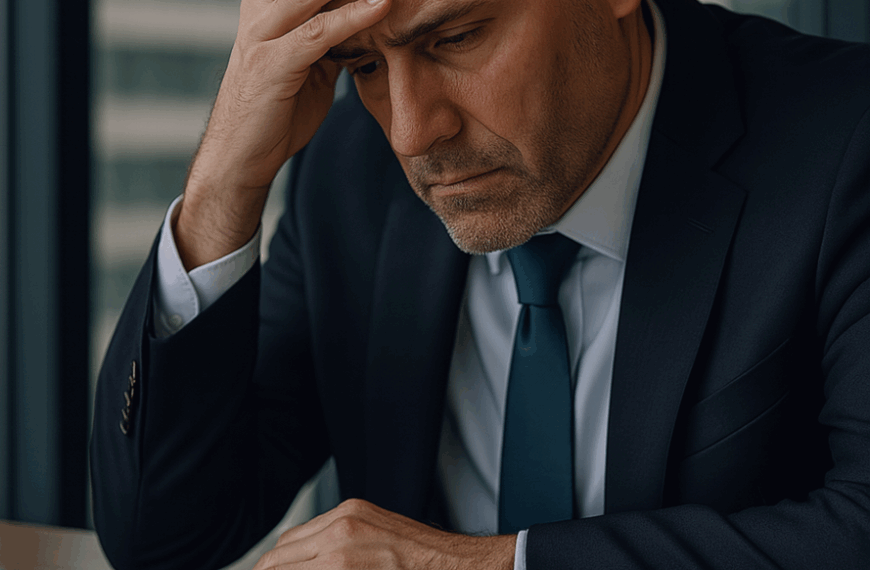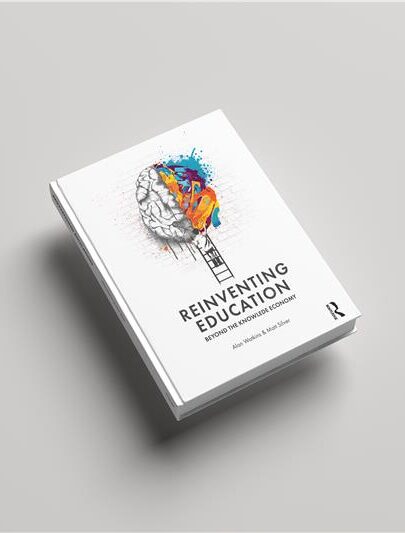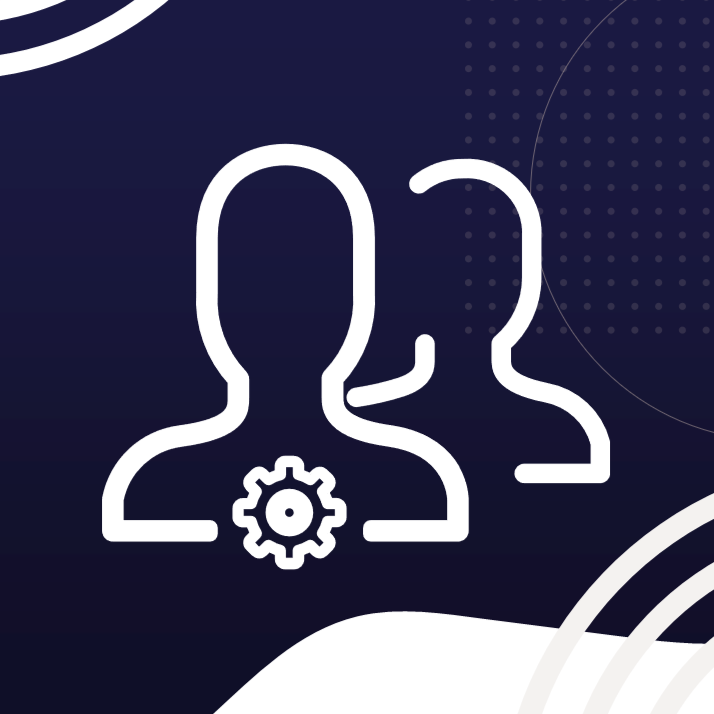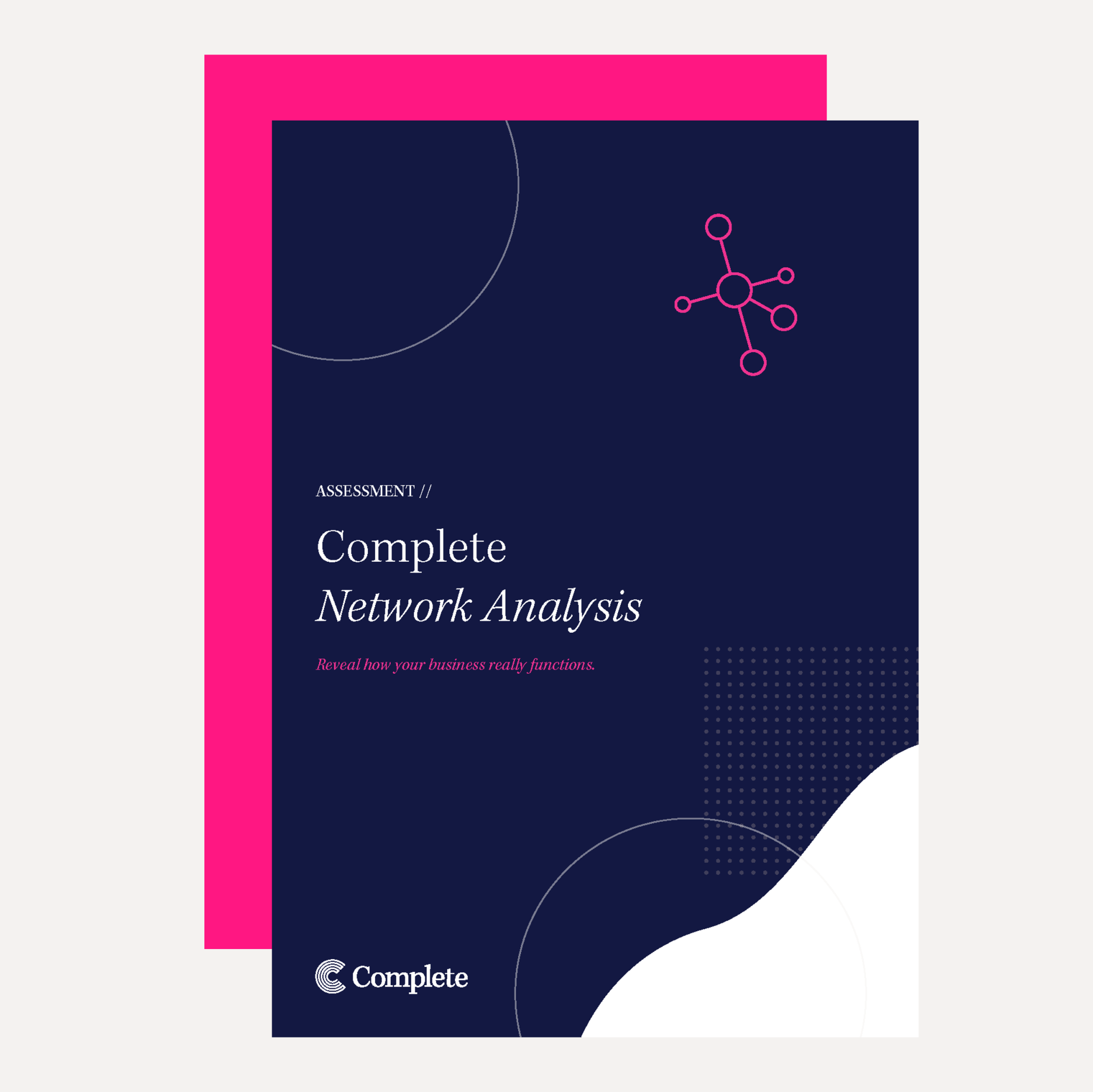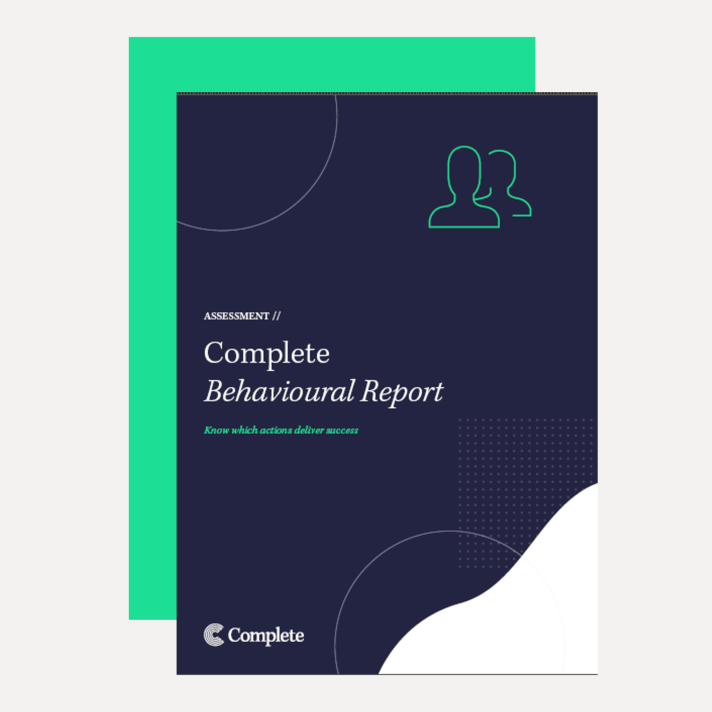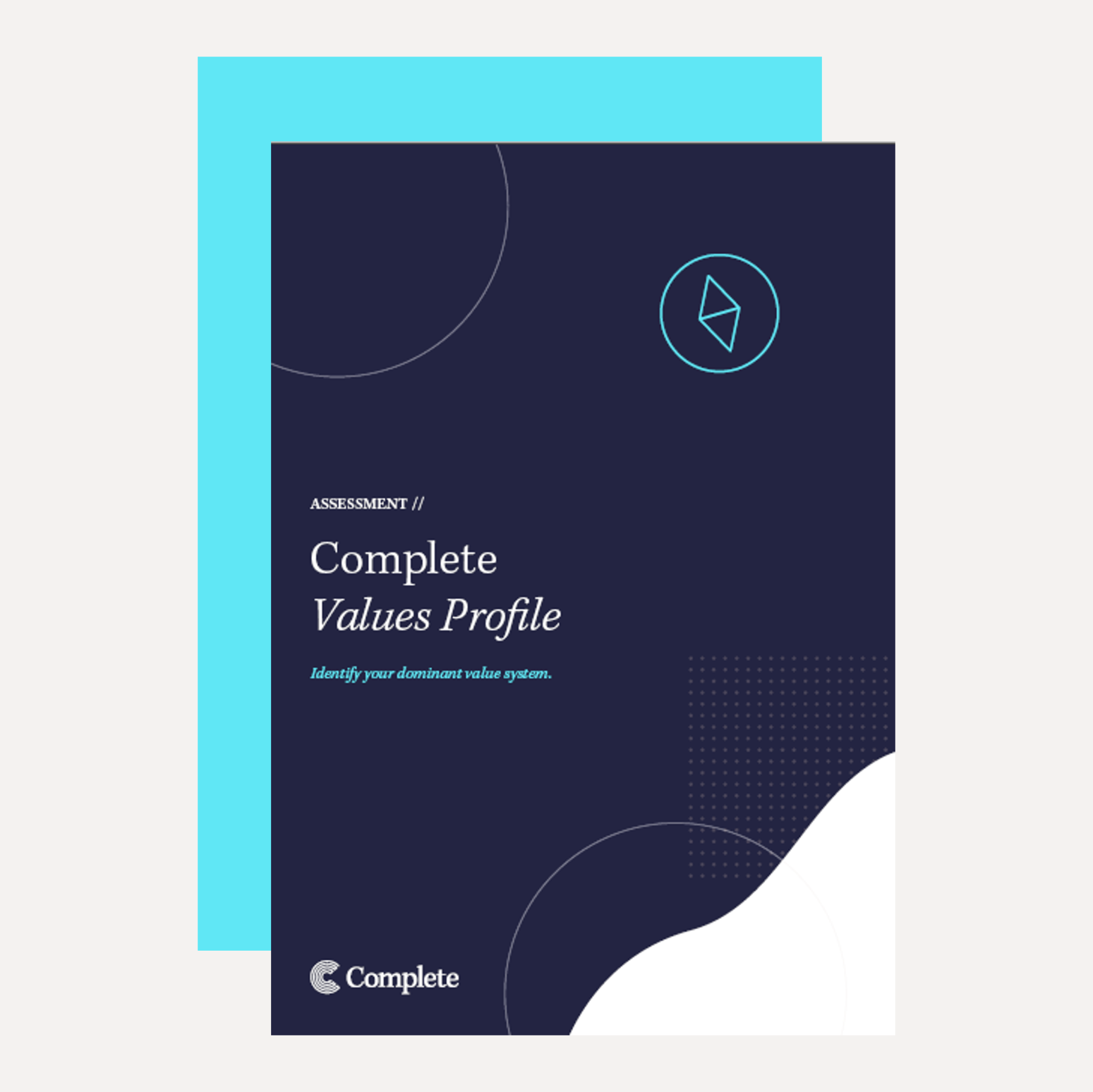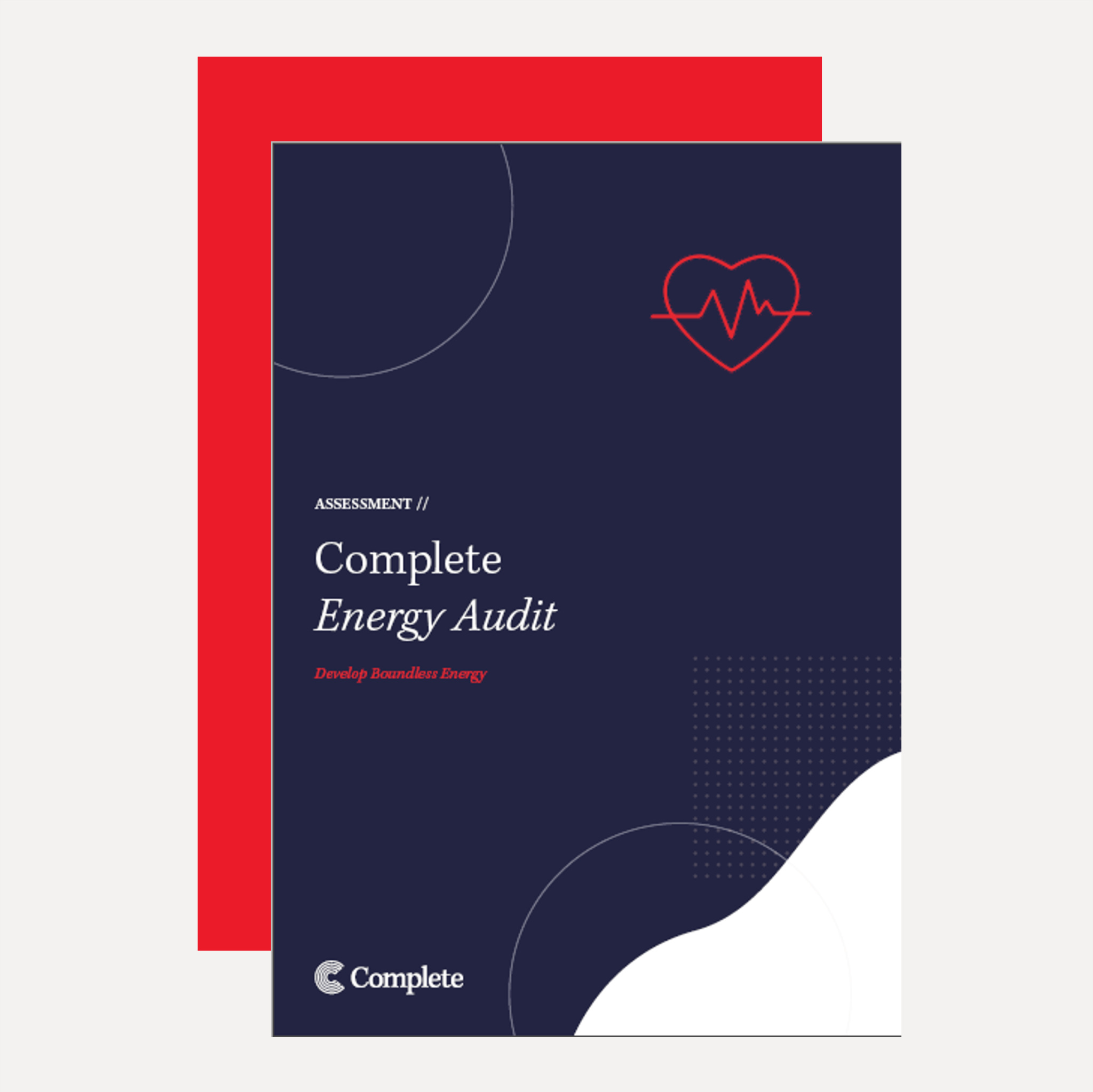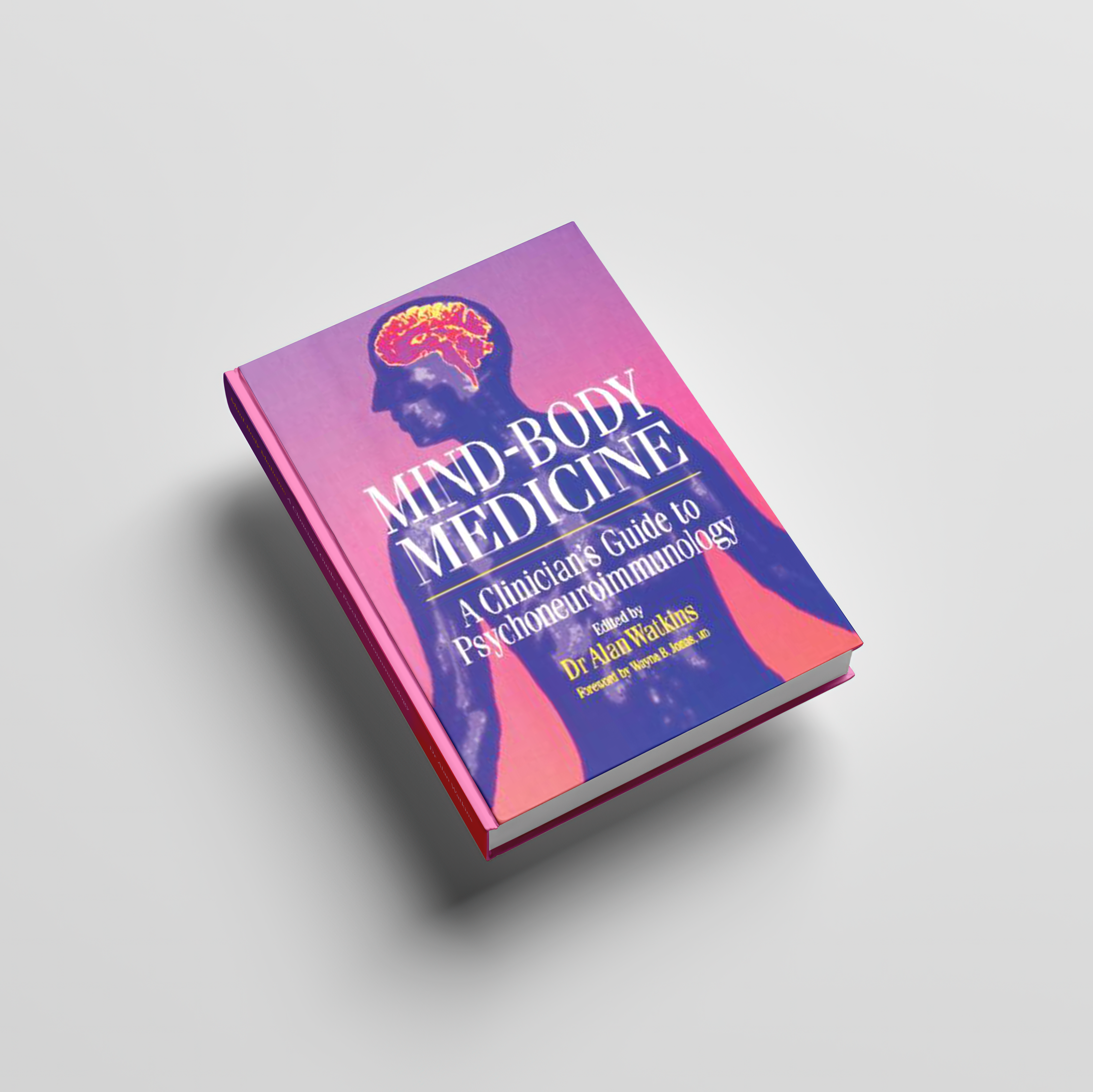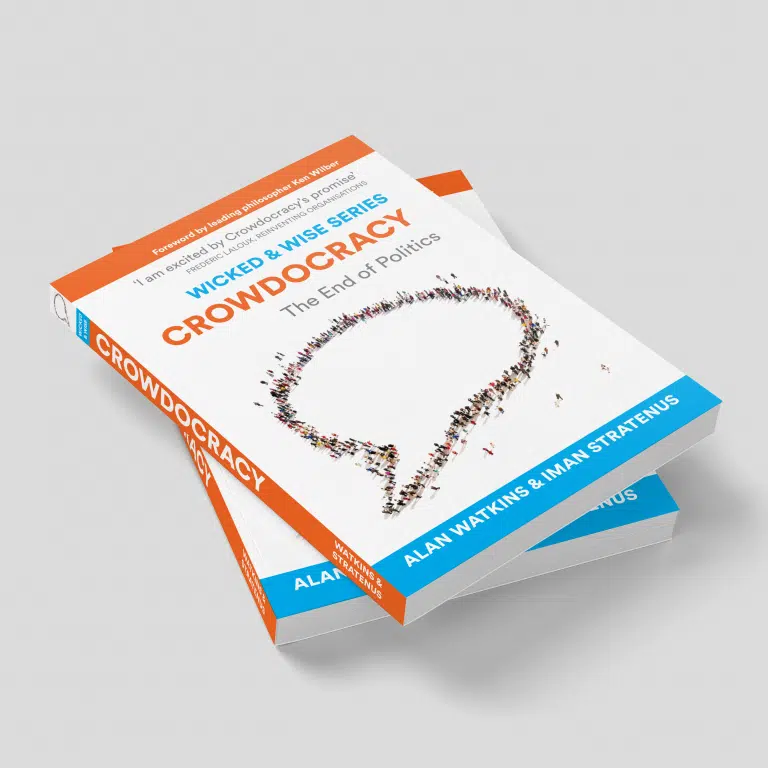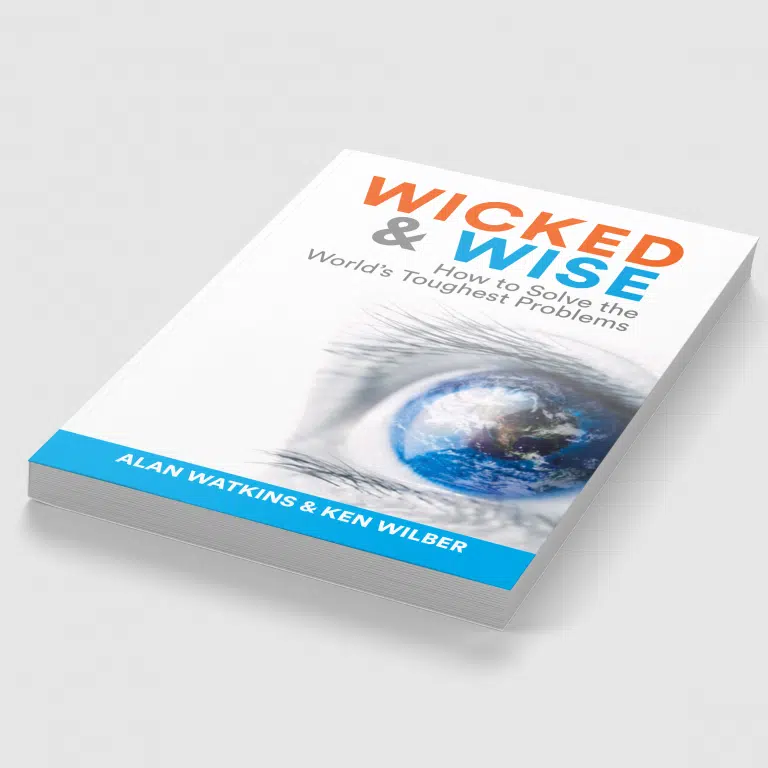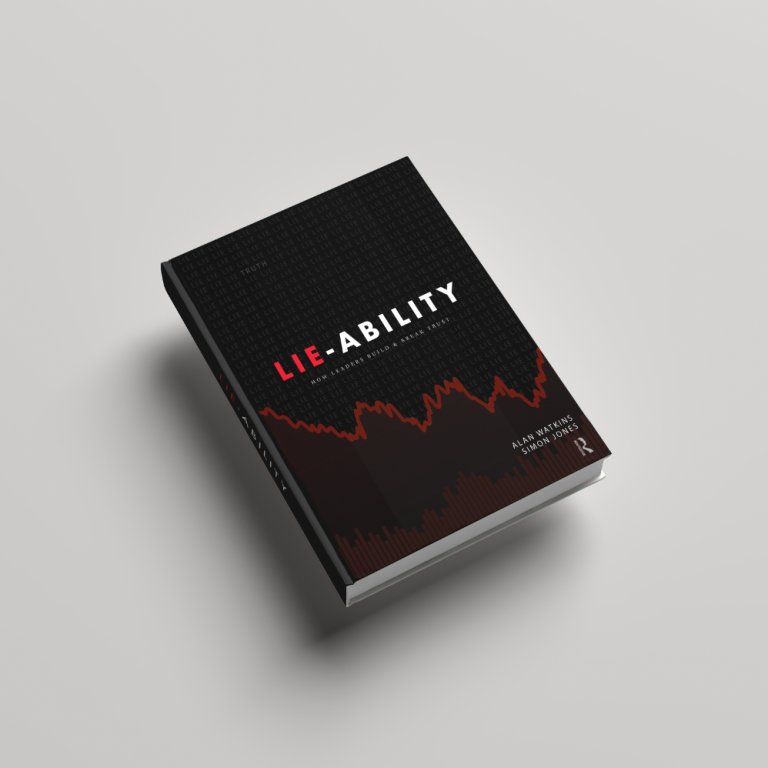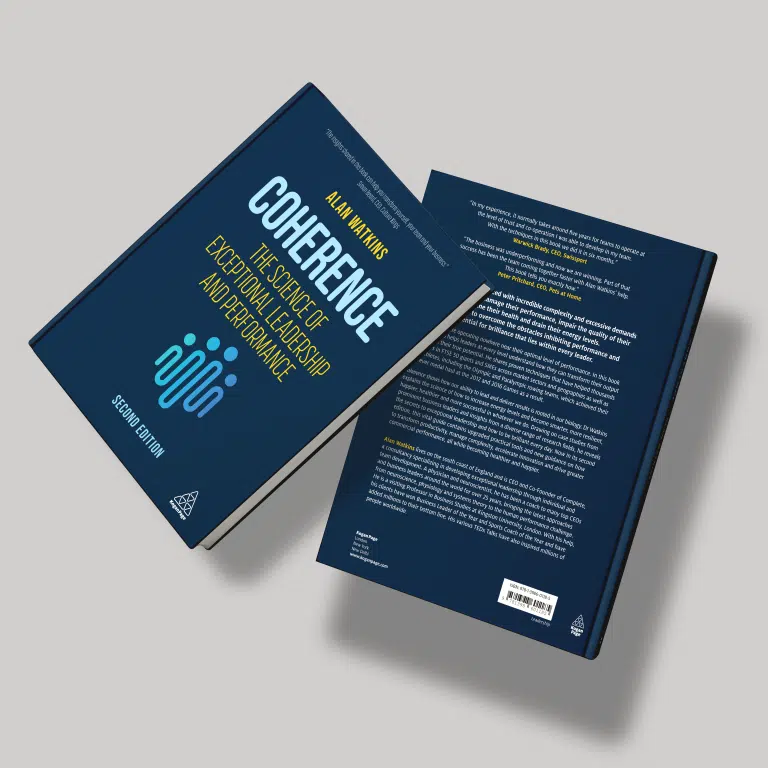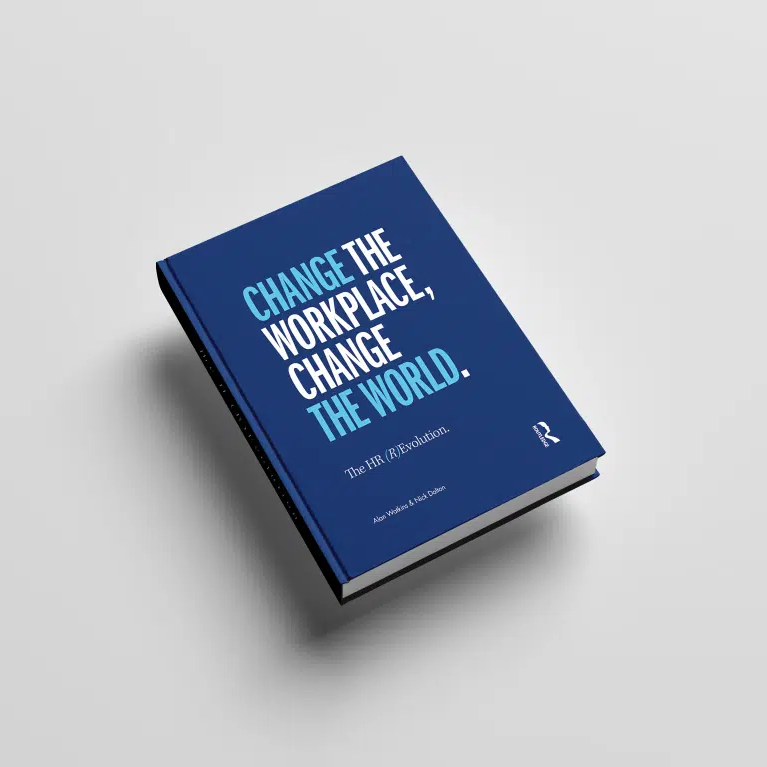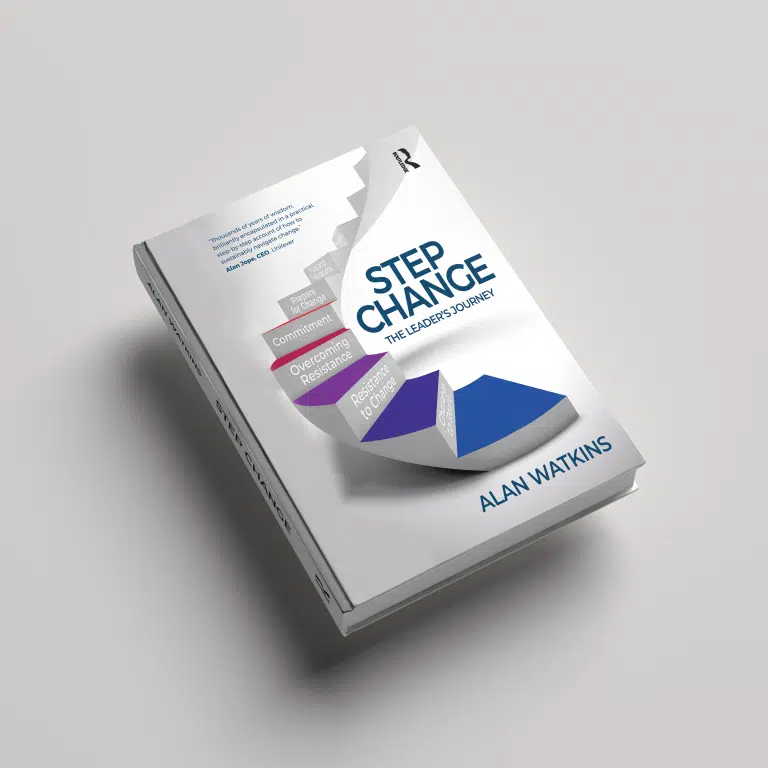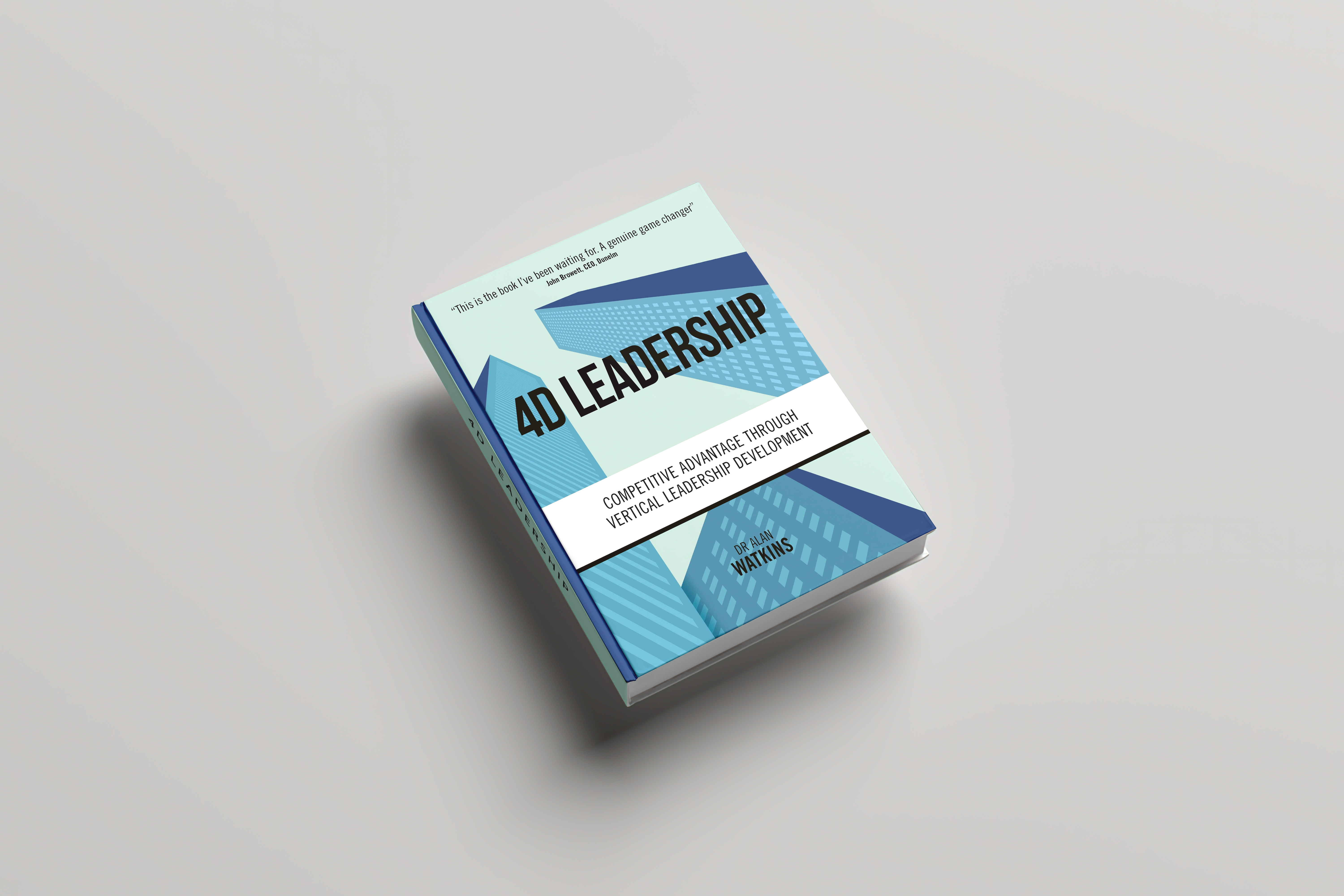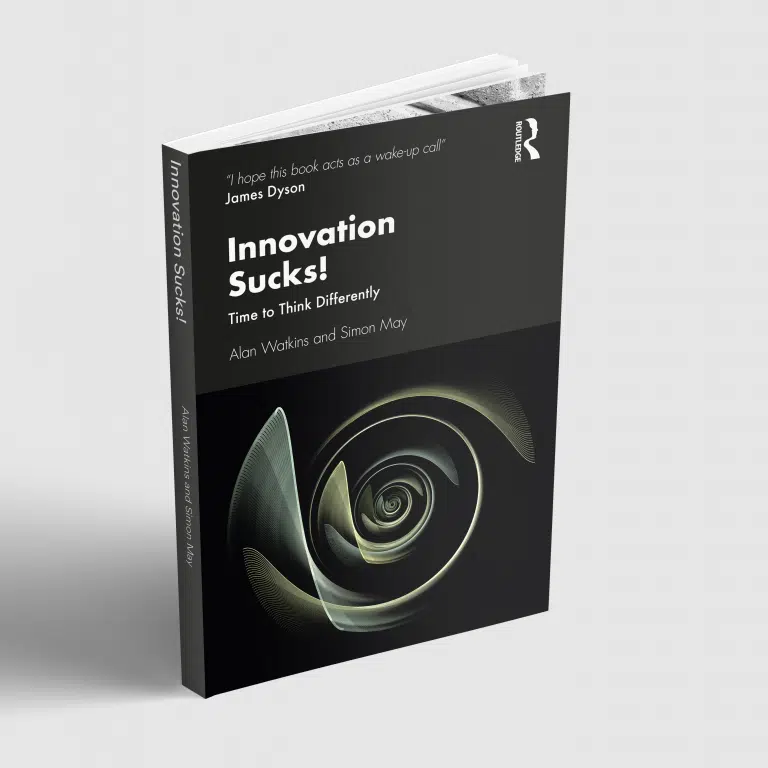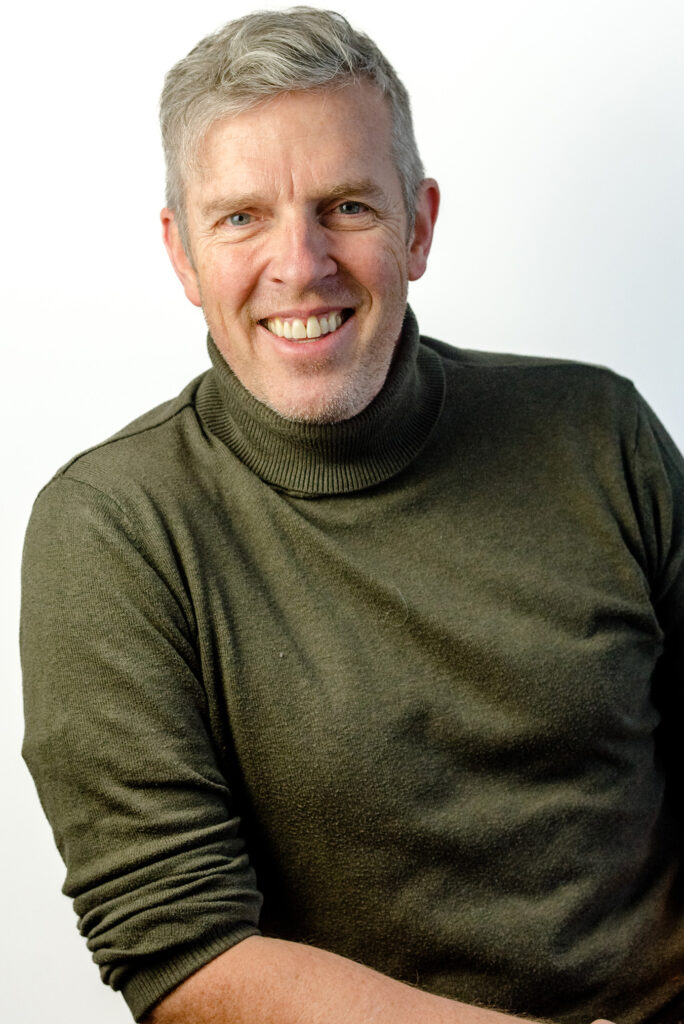In this time of crisis, our mental health has been receiving deserved attention – and not just because it’s Mental Health Awareness Week. Even before COVID-19, many of us were burning the candle at both ends to keep up with the increasing pressures, expectations and pace of modern life.
Like the metaphorical swan, we may find ourselves frantically paddling beneath the surface to appear as if we’re effortlessly gliding on the lake. Naturally, we want to appear calm and in control on those many Zoom meetings! Unfortunately, that frantic paddling is not as hidden as you might imagine. To your colleagues, family and friends, you are becoming more and more stressed, more and more disconnected, and your performance and health starts to falter as a result.
Why do we so put our mental health at the bottom of our priority list? It may be a fear of failure, the intense desire to be successful or a sense that we want to be the ‘hero’ at work. We may even have idolised the leader who somehow survives on two hours sleep, runs marathons, and yet seems to be the last person to log out of their computer at the end of the day.
There is a cultural narrative we reinforce about what success looks like, and what we have to do to achieve it. But what is the cost of actually living your life like this, and does high performance really have to come with dangerous consequences? What really happens when you are operating from a continuous position of extreme stress? Can we improve our resilience and capacity, and achieve brilliance without burnout? The answer is yes.
Enhancing our resilience
Here’s what we’ve learned about winning in the pressure performance paradigm. Optimal performance requires an integrated approach that extends beyond what you do to your results and behaviour. But where do you start? Here are our three top tips for achieving brilliance without burnout:
1. Change your physiology
It all starts with your physiology. If you panic, you directly affect your heart rate which sends chaotic signals throughout your body, making you less able to deal with the panic. Getting regular breathing exercises into your routine will help you deal with stress and panic before it can impede your performance.
2. Be aware of your emotions
A lot of us do not use our bodies to make a living, so why do end our day feeling so tired? It’s not physical assertion that’s tiring us, it’s mental or more accurately it’s emotional. By letting feelings such as worry or attachment manifest themselves as negative emotions in our body, we are allowing external circumstances to take complete control of our lives. Instead if we sense an emotion taking over us, we could SHIFT focus to a positive emotion or a more neutral one. We can then stop ourselves from leaking energy.
3. Stop leaking energy
This is very closely linked to the previous two tips – being aware or our emotions and being able to control our physiology. A practical solution to help with all these skills is to start creating an energy-bank throughout each day. What are your deposits i.e. what gives you energy each day? What are your withdrawals i.e. what drains your energy each day? Once you have done this a few times you will probably start to notice patterns. If nothing in your working life gives you energy, are you in the right job? If the project you just handed over gives you the most energy, should you take it back and hand over something else?
There’s never been a more important time to do something about our own mental health and wellbeing. The three steps above can get you started and you are welcome to join our webinars for more practical tips and coping strategies.



